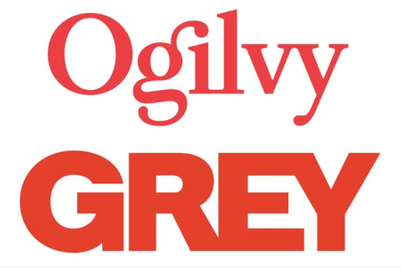
The study is based on a survey conducted in May with 1009 travellers aged 18 to 65 across 11 markets: Japan, Australia, Singapore, Indonesia, India, Malaysia, Taiwan, Hong Kong, China, Thailand and the Philippines.
The research showed that many travellers in Asia Pacific plan trips exclusively online, including 57 per cent in Japan, 42 per cent in Australia, 14 per cent in Indonesia and 12 per cent in India.
In Singapore, 84 per cent of travellers use online sources to plan accommodation. Online is the only way to reach 34 per cent of leisure travellers and 27 per cent of business travellers.
On average, search is the first step in hotel planning, and Singaporeans search six or seven times during the planning process.
“Yet there’s a huge gap in ad spend between time spent online and percentage of ad spend," Bambos Kaisharis, industry lead for travel at Google Southeast Asia, told Campaign Asia-Pacific. "Search is one of the best and fastest ways for advertisers to start closing the gap. It helps advertisers keep pace with all the commercial actions their customer wants to take, from visiting a site, to making a phone call, watching a movie trailer, and more.”
When it comes to booking, online is the most popular way to book accommodation, including 64 per cent leisure and 61 per cent business. This popularity is expected to grow 6 per cent and 4 per cent, respectively, in the future.
Also, more than half of business travellers (54 per cent) use mobile for online hotel planning, while 42 per cent of leisure travellers do the same. In addition, search, online travel agents and travel reviews are the most popular mobile sties and applications.
Desktop search traffic behaves similarly in Asia, the US and Europe, but mobile is the biggest thing affecting the search equation in Asia.
“We are seeing queries come in from all platforms, and from all screens,” Kaisharis said. “Mobile brings the web into more parts of commercial transactions, meaning advertisers need to be there where it counts. Search can help.”
However, the study pointed out that ease, mobile internet speed and trust in payments are barriers to booking using mobiles and tablets.
Citing Amari Hotels in Thailand as an example, Kaisharis suggested that brands should be sure their website is mobile-friendly, including optimising their booking engine for mobile, reworking the layout of the site, and also simplifying the booking process.
“Travel is a very global or at least regional business,” he said. “So be sure you can be found on search not only by customers in your home country, but also by travellers who might be looking for you outside."



.jpg&h=334&w=500&q=100&v=20250320&c=1)

.jpg&h=334&w=500&q=100&v=20250320&c=1)
.jpg&h=334&w=500&q=100&v=20250320&c=1)

.jpg&h=334&w=500&q=100&v=20250320&c=1)
.jpg&h=334&w=500&q=100&v=20250320&c=1)
.jpg&h=334&w=500&q=100&v=20250320&c=1)

.jpg&h=268&w=401&q=100&v=20250320&c=1)


+(5).jpg&h=268&w=401&q=100&v=20250320&c=1)
.jpg&h=268&w=401&q=100&v=20250320&c=1)

